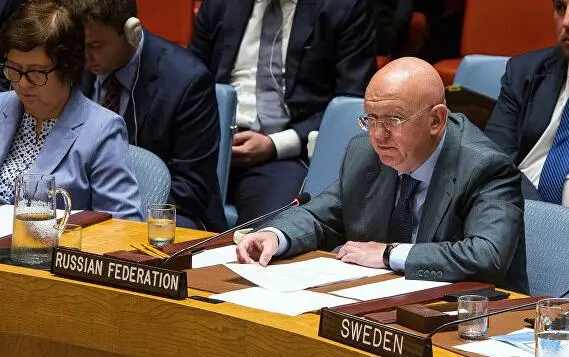All fifty-five Members of Parliaments (MPs) from the opposition Cambodia National Rescue Party (CNRP) attended a parliamentary session for the first time on Friday after they had boycotted the parliament for 10 months following a disputed election results in July last year.
CNRP's president Sam Rainsy led the group to the parliament, where they will work with the ruling party's 68 MPs to amend the parliament's internal regulations and the Constitution in order to make way for sharing power in the legislative body and reforming the National Election Committee (NEC).
Heng Samrin, president of the parliament, said, "I would like to welcome and congratulate his or her Excellencies from the Cambodia National Rescue Party for your taking seats in the parliament."
Prime Minister Hun Sen, vice-president of the ruling Cambodian People's Party (CPP), was present at the session.
The opposition MPs ended their boycott of parliament over contested election results in July last year after Hun Sen and Sam Rainsy reached a political agreement on July 22.
Under the deal, the CNRP will hold four of nine seats on the NEC, possess the position of the first vice-president of the parliament, among other roles, and own a television channel.
"Today, we can announce that the political crisis in Cambodia has ended," Sam Rainsy said during the session.
"This is the opening of a new historic chapter in Cambodia. We will work together to defend territorial integrity and to build prosperity for the nation."
Hun Sen expressed his welcome to the CNRP's 55 MPs for their first presence in the parliamentary session.
"I urge all MPs to increase the culture of dialogues in order to work together to serve the nation," he said.
"I hope that from now on, the attack on each other through any means should be reduced."
During the post-election crisis, the opposition had staged a lot of street demonstrations and led to deadly violent clashes between demonstrators and government forces.
 简体中文
简体中文



